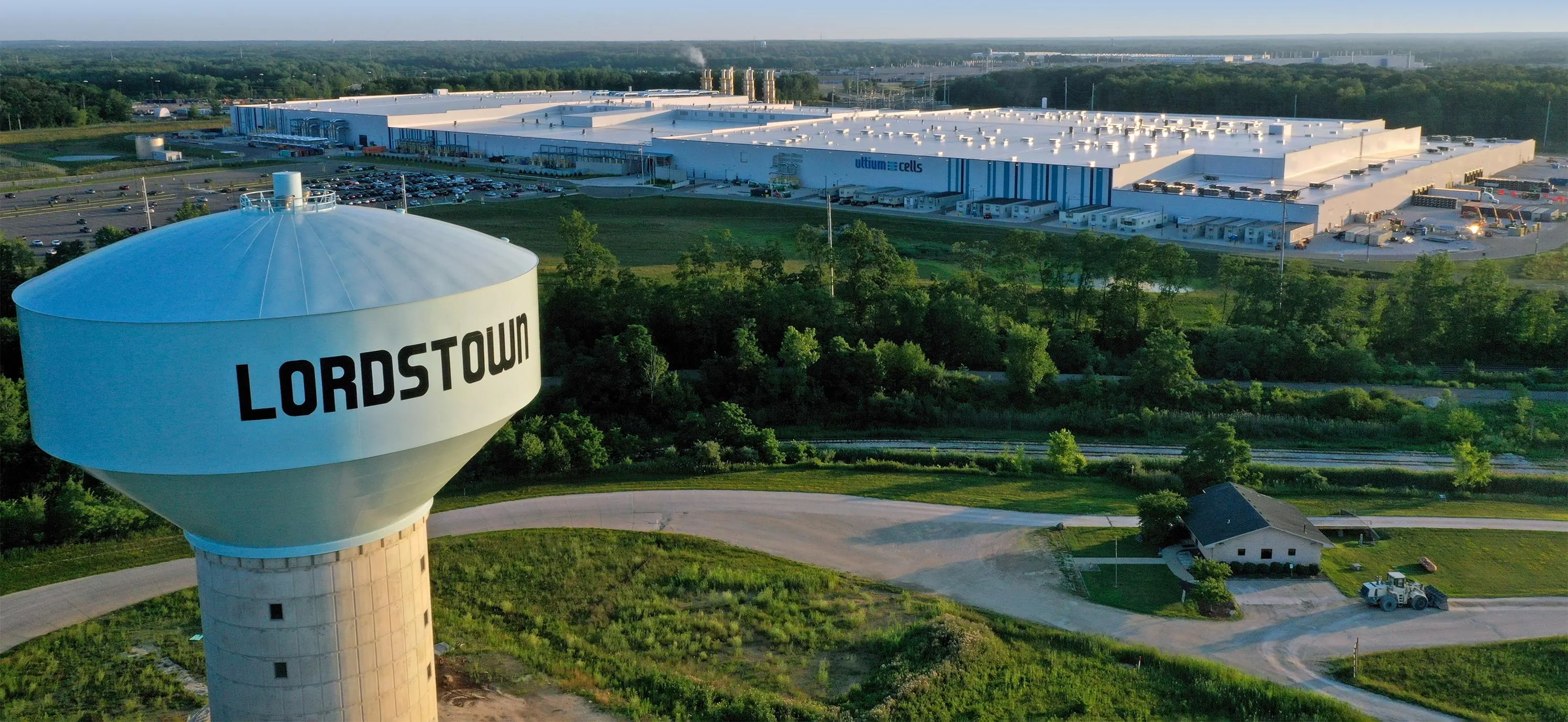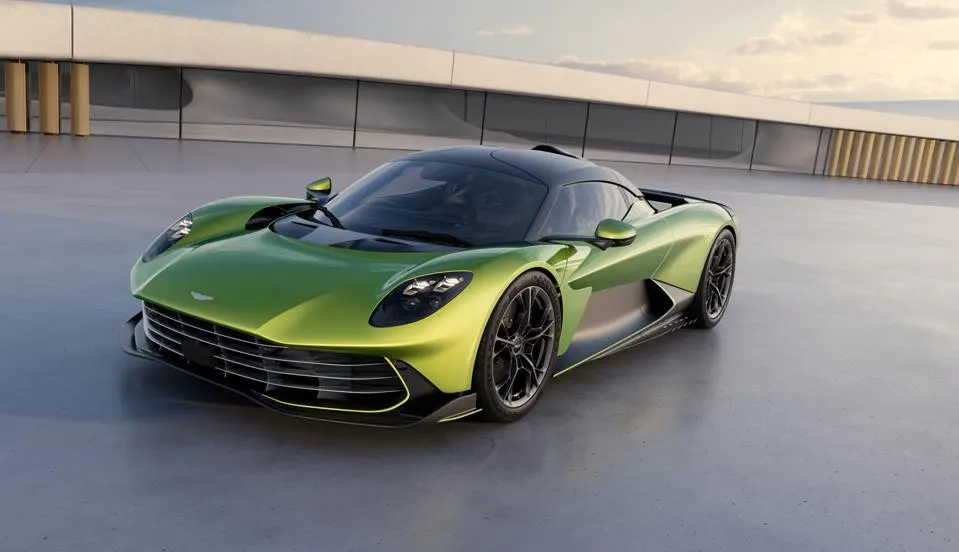Biden's EV Battery Boom: The Clean Energy Future Trump Can't Stop

When President Joe Biden signed the Inflation Reduction Act (IRA) into law in 2022, it marked a monumental shift in America’s approach to clean energy. This legislation, which dedicated $400 billion to green initiatives, has already begun reshaping industries, particularly electric vehicles (EVs) and their critical component: batteries. As the U.S. moves toward a future of electric transportation, the investments in battery technology already made will continue pushing the clean energy transition forward, no matter what President-elect Donald Trump does to try to halt it. The battery boom fueled by this administration is already well underway; there's no turning back.
Biden's clean energy push has put a lot of money into battery manufacturing, with more than $110 billion of IRA money already out the door. Much of that funding has already been disbursed in the form of grants and loans, even though Trump vocally opposed the IRA and promised to dismantle the climate provisions. This makes it nearly impossible for the incoming administration to undo the strides made in battery technology and EV infrastructure. Companies have already invested billions of dollars, and states—many of them red states—are reaping the benefits. In fact, the vast majority of battery-related investments have gone into Republican districts, a point that may come in handy as Trump seeks to cater to his base.
For car manufacturers such as General Motors, Hyundai, and Tesla, the federal government's investments in manufacturing EVs and batteries open a golden opportunity to help the U.S. automotive industry regain its competitiveness. GM has already invested over $4 billion in the battery ventures, with several plants opening in Michigan, Ohio, and Tennessee, which will be important battery cell suppliers for the growing needs of EVs across the country. Hyundai is also investing heavily in the United States, with a $5.5 billion plant in Georgia set to start production by 2025. Even though these companies did not invest specifically because of Biden's climate push, the IRA's funding made these projects much more feasible and lucrative.
This wave of investment has created what could be called the "red state battery boom," as many of these new plants are located in states Trump carried in the 2020 election. Such factories will not only supply high-paying manufacturing jobs but also help reduce America's dependence on foreign-made batteries and materials. The push for domestic battery manufacturing is partly to curb dependence on China, which already dominates the production of EVs and the materials for their batteries, such as lithium, graphite, and cobalt. Biden's administration has made a deliberate effort to secure a domestic supply chain of critical minerals within the U.S., but the U.S. is still far behind China on this count.
Despite Biden's efforts, Trump could still pose a threat to the growth of America's EV industry. His plans to impose 60% tariffs on Chinese goods could significantly disrupt the flow of critical battery components that come from China. Although many EVs are assembled in the U.S., a vast majority of their battery components are sourced from China. A sudden tariff increase would lead to skyrocketing costs for EV manufacturers, slowing down the momentum that’s already been built in the industry. This could stall the very transition to clean energy that both Biden and the U.S. auto industry have been working toward.
The stakes are high. Half of Tesla's vehicles are sourced from China, where the company has reaped the benefits of cheap labor and low-cost materials. While Tesla's U.S. presence has grown, its dependence on Chinese manufacturing is a crucial part of its supply chain. The U.S. could risk falling behind if Trump's tariffs on Chinese goods materialize as competition from Chinese EV manufacturers, such as BYD, grows.
However, the Musk-Trump partnership may be a light at the end of the tunnel for America's EV future. He is one of the wealthiest people in the world and a strong Trump supporter; he may influence the future administration to adopt a tariff and EV-friendly policy or at least avoid a major disruption of the industry in terms of cheap battery material and components. For now, both the Biden administration's investment in green energy and the business interests of major automakers align to push the U.S. toward a more sustainable future.
In the long run, the U.S. will have to continue innovating to compete with China in the global EV and battery market. An overarching policy priority of the Biden administration to develop a domestic source for critical minerals, lithium and cobalt being leading contenders, will help curtail dependency on China. Firms such as Redwood Materials, which was created by Tesla's co-founder JB Straubel, have already started working toward building a domestic source for battery materials. This is fundamental in maintaining America's competitive position going into the electric vehicle market.
Although the Trump administration can try to reverse Biden's initiatives on climate, there's little that he can do to stop the billions invested in the production of batteries and manufacturing of electric vehicles already. America's battery boom is now unstoppable. Both parties, even in the absence of significant White House action, recognize that EV and battery production will be essential for national competitiveness going forward. This process of clean energy transition will therefore continue under whomever occupies the White House. The US enters an entirely new energy-production regime, and the future electric cars will be the signature aspect of this new world. Whether Trump wants it or not, the battery revolution is here to stay.



